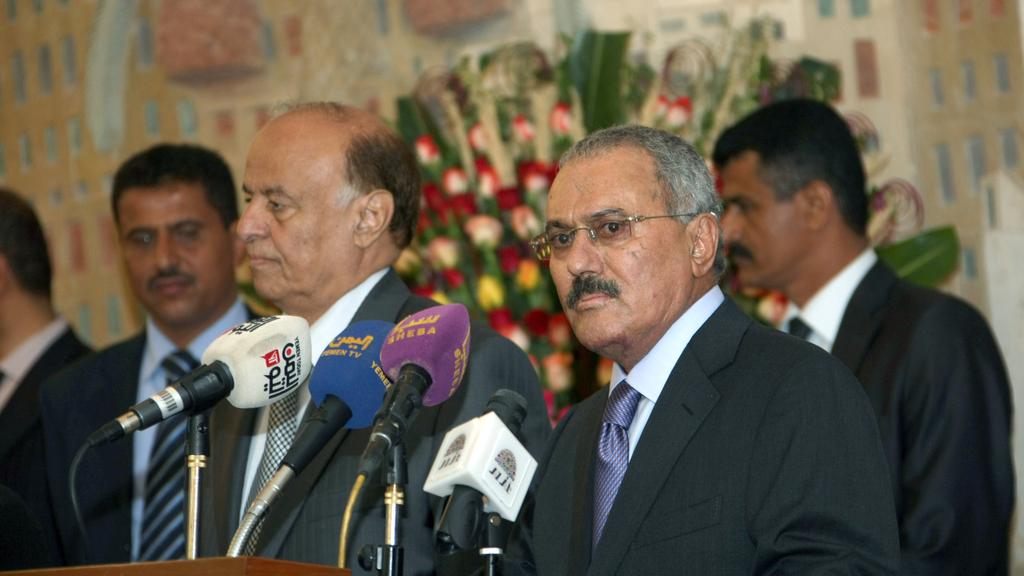London – Inner struggles among coup militias in Yemen erupted as ousted president Ali Abdullah Saleh, a major partner in the insurgency, criticized Iran-allied Houthis for operating under foreign agendas.
Saleh’s war of words was in response to Abdul-Malik al-Houthi’s accusations against him that he allegedly betrayed the coup and used political extortion.
Political analysts told Asharq Al-Awsat that Saleh’s speech, most notably his well-expressed desire that the General People’s Congress party needed to be distinguished from other Yemeni political components, as well as his claim that he is in charge of the constitution and the law, shows his lack of regard to his coup partners, the Houthis.
Saleh sees that Houthi militias have adopted the Iranian model and reproduced it in areas they control – lacking in self-determination, Houthis are considered under-qualified to lead or manage their territory.
“Saleh tried to deliver a message that he is a man committed to the law and is governed by the objectives of the coup, noting his rejection of Houthi doctrines” Yemeni political analyst Najib Gulab told Asharq Al-Awsat.
Gulab said that Saleh realizes that Houthis follow an ideological structure that can only produce violence and conflict and works contrary to political beliefs held within Yemen.
Despite surprising the world with their joint coup against the internationally-backed government in 2014, Houthis and armed Saleh loyalists showed differences in rhetoric and approach.
Fahd al-Sharfi, an aide to the Aden-based government information minister, said that the dispute now is taking a turn to the worst as Saleh sheds light on the Houthi’s poor management, particularly in the case of al-Malik’s uncle, Abdul Karim Amir al-Houthi, who was a shadow director for the Houthi movement.
Saleh’s reaction to the speech of the leader of Houthi was quick and clear, and demonstrated more experience in delivering counter messages to Houthi stances, explained Gulab.
More so, in order to dodge accusations of colluding with the Saudi-led Arab coalition backing Yemen’s constitutionally elected government, he repeated more than once in his speech that he was against the alliance.
